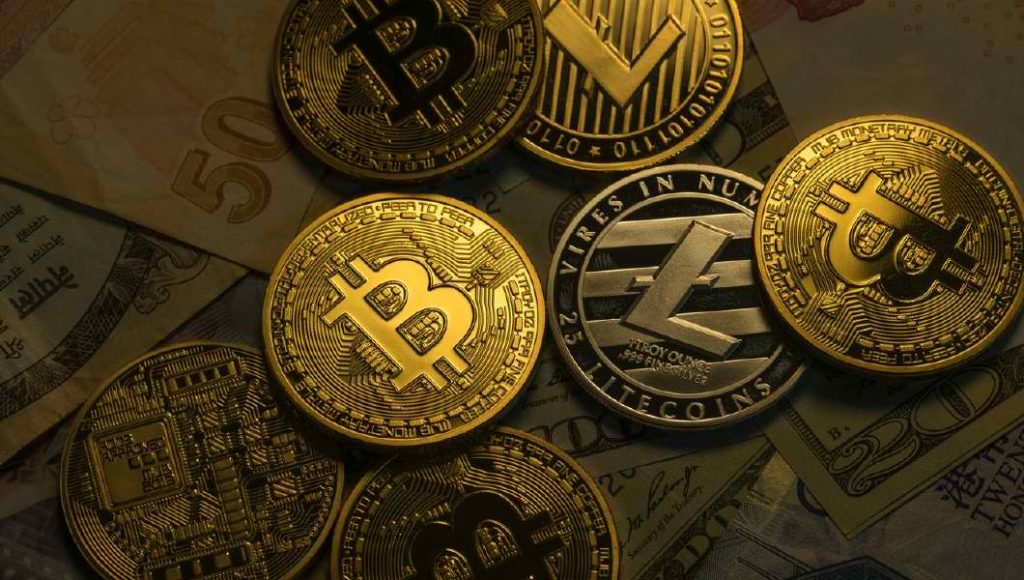
Two U.S. senators want to know what Steven Mnuchin and his Treasury Department are doing to counter the “nefarious” use of cryptocurrency such as Bitcoin by Venezuela, Russia, and North Korea.
Sens. Marco Rubio, R-Fla., and Bob Menendez, D-N.J., sent a letter to Mnuchin on Friday warning that Venezuela President Nicolas Maduro was planning to create his own digital currency, called the “petro” after the country’s oil wealth. They asked whether Treasury can modify existing sanctions on Venezuela to block Maduro.
“We are concerned that cryptocurrency could provide Maduro a mechanism by which to make payments to foreign lenders and bondholders in the United States, actions that would clearly thwart the intent of U.S.-imposed sanctions,” Rubio and Menendez wrote.
Venezuela’s government was targeted with sanctions for a variety of offenses including its violations of human rights, persecution of political opponents and crackdown against the press.
“Maduro has proven he will use every tool at his disposal to perpetuate his authoritarian objectives,” they wrote.
Russia and North Korea, both targets of U.S. sanctions, have also shown an interest in taking advantage of cryptocurrency for “nefarious purposes” amid the recent global boom in Bitcoin, according to the senators.
Bitcoin and other new types of cryptocurrency exist only in the virtual world and are traded outside the traditional banking system on digital ledgers called blockchain, making them hard to regulate and enticing to rogue regimes and terror groups alike.
Rubio and Menendez want Treasury Secretary Mnuchin to reply by the end of the month to questions about what his department can do and how it is monitoring the possible threat.
Experts have worried about the potential use of cryptocurrency by countries interested in evading sanctions, but believe it is for now a distant threat.
“We have serious doubts about whether Venezuela has the capacity to launch a cryptocurrency but regardless it is imperative that the U.S. Treasury is equipped with the tools and enforcement mechanisms to combat the use of cryptocurrency to evade U.S. sanctions in general, and in this case in particular,” Rubio and Menendez wrote.
